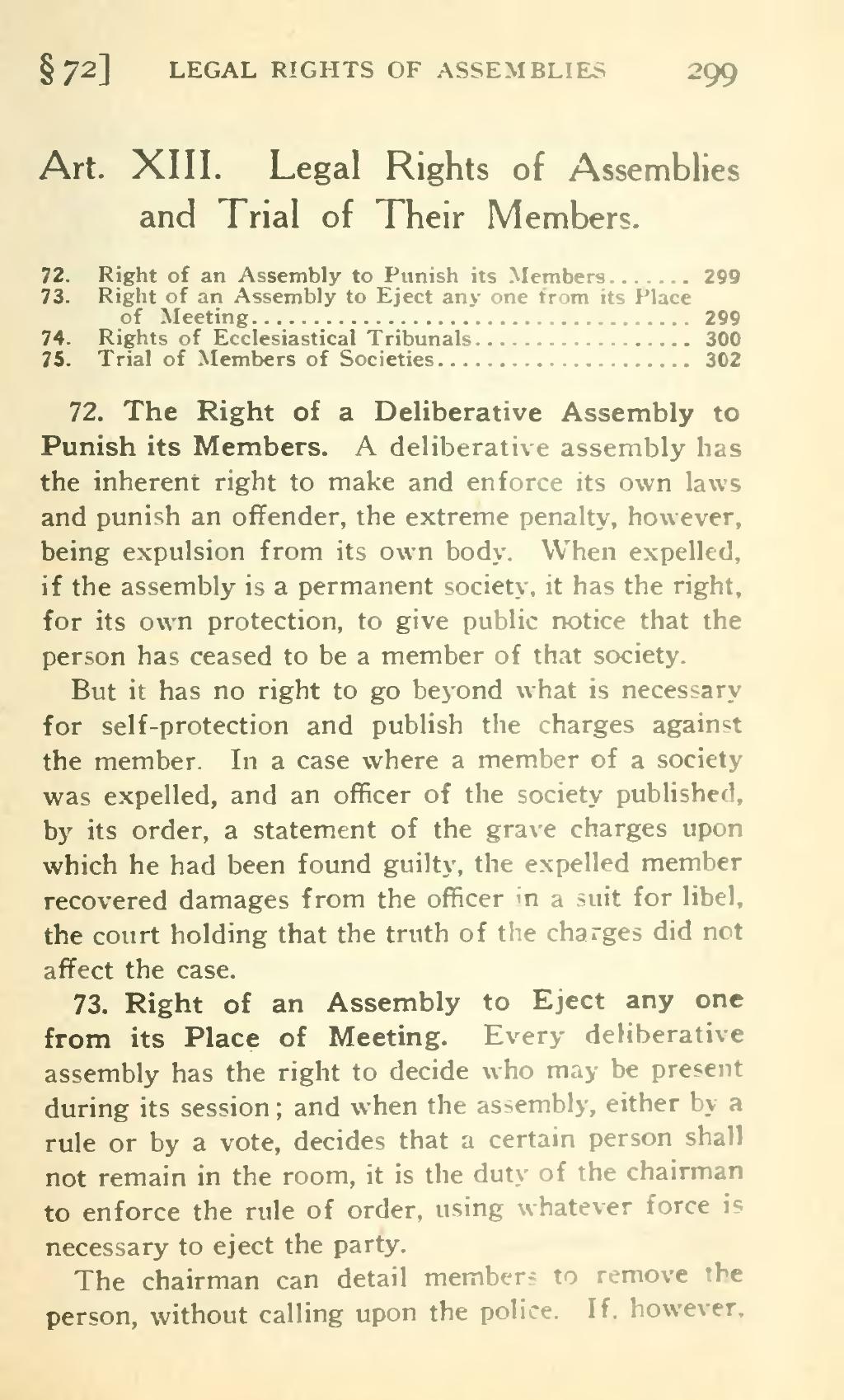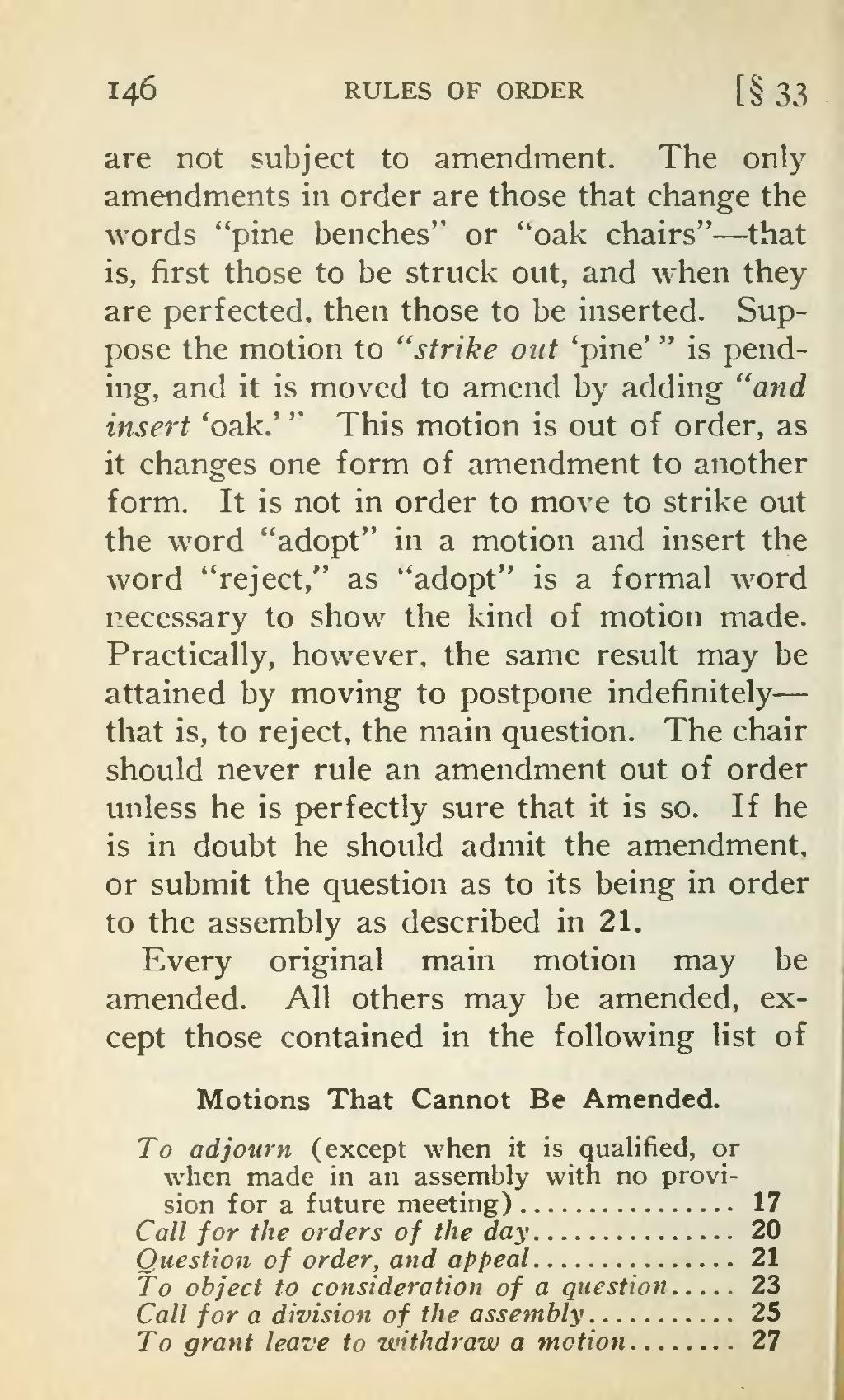Many people are unaware that their personal data is usually exposed through a public network. A VPN protects sensitive information by encrypting the data that is transmitted between the device’s connection to the internet and the VPN. A VPN encrypts the communications between devices and the internet by transforming text into a unreadable mess of characters. Only the device and a server that the VPN is connected to can decrypt the messages. Without a VPN anyone could intercept the data and gain access to sensitive information.
VPNs also shield devices from cybercriminals that try to monitor your online activities. This is particularly crucial when using public Wi-Fi networks, where hackers can easily listen in. A VPN allows users to connect their devices, like laptops, desktop computers, tablets, and smartphones securely to ensure that hackers can’t access their data or steal private information.
It’s no secret that many ISPs collect, store and sell the data of their customers. This includes browsing history which ISPs can link to the IP address of a user to determine the location of their users and provide specific ads. A VPN protects browsing data and blocks ISPs selling it to third-parties. It also helps consumers avoid price discrimination that can result from ISPs recording their purchases, and http://clouddatapro.org/bullguard-reviews-is-free-version-enough selling the information to manufacturers of products. By concealing IP addresses, a VPN blocks third parties from identifying users on the internet.








